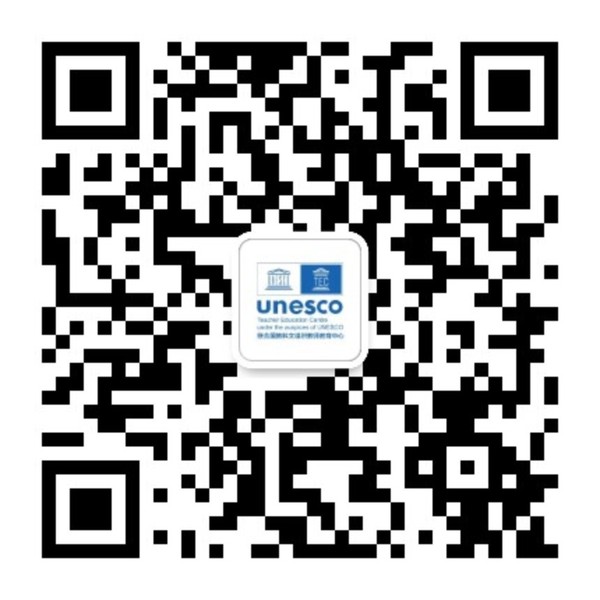Education plays a pivotal role in individual fulfillment and national progress. The inaugural UNESCO Global Report on Teachers highlights a critical global shortage of teachers, estimating that 44 million more are required worldwide. In response, the United Nations emphasizes international solidarity, while UNESCO proposes a new social contract for the future of education.
Our Centre, with a dedicated team of 20 staff members, aligns closely with UNESCO's teacher development initiatives. Focused on advancing teacher education, particularly in Africa and Asia, the Centre achieved several milestones in 2024:
For knowledge production, the Centre spearheaded 9 major research projects, contributing to UNICEF-UNESCO initiatives on public digital learning and adolescents' life skills. Moreover, our team provided cases to the Global Report on Teachers and translated it into Chinese. The Centre is also working strenuously to develop Share Maths for STEM educators and mathematics teachers in the developing countries.
For capacity building, the Centre focused on STEM teachers' professional development and organized 4 "Belt and Road" Seminars, benefiting over 150 educators and administrators from more than 40 countries. Additionally, the Centre also conducted tailored workshops for over 1,000 teacher educators, school principals and university deans from Brazil, Indonesia, Kazakhstan, Laos, Tanzania and Thailand.
A major highlight of 2024 was the successful convening of the 8th Meeting of UNESCO Category Ⅱ Centres. This event brought together the TTF Secretary-General and representatives from over ten CⅡ Centres to foster collaboration.
For technical assistance, the Centre actively contributed to the establishment of the UNESCO CⅠ IISTEM. The Centre also dispatched STEM Education Volunteers to Tanzania where the experts collaborated with local educators to develop maths lessons and instructional strategies. Furthermore, the Centre facilitated the installation of four smart-classroom systems donated by a Shanghai-based educational ICT and Al enterprise, enabling remote teacher training in Zanzibar Island, remote small towns and the savanna.
In 2025, the Centre remains committed to enhancing staff development and professional growth. Empowered by a resilient team, we aim to contribute further to SDG 4.c, ensuring every classroom has qualified and motivated teachers through international collaboration and dedicated efforts.




